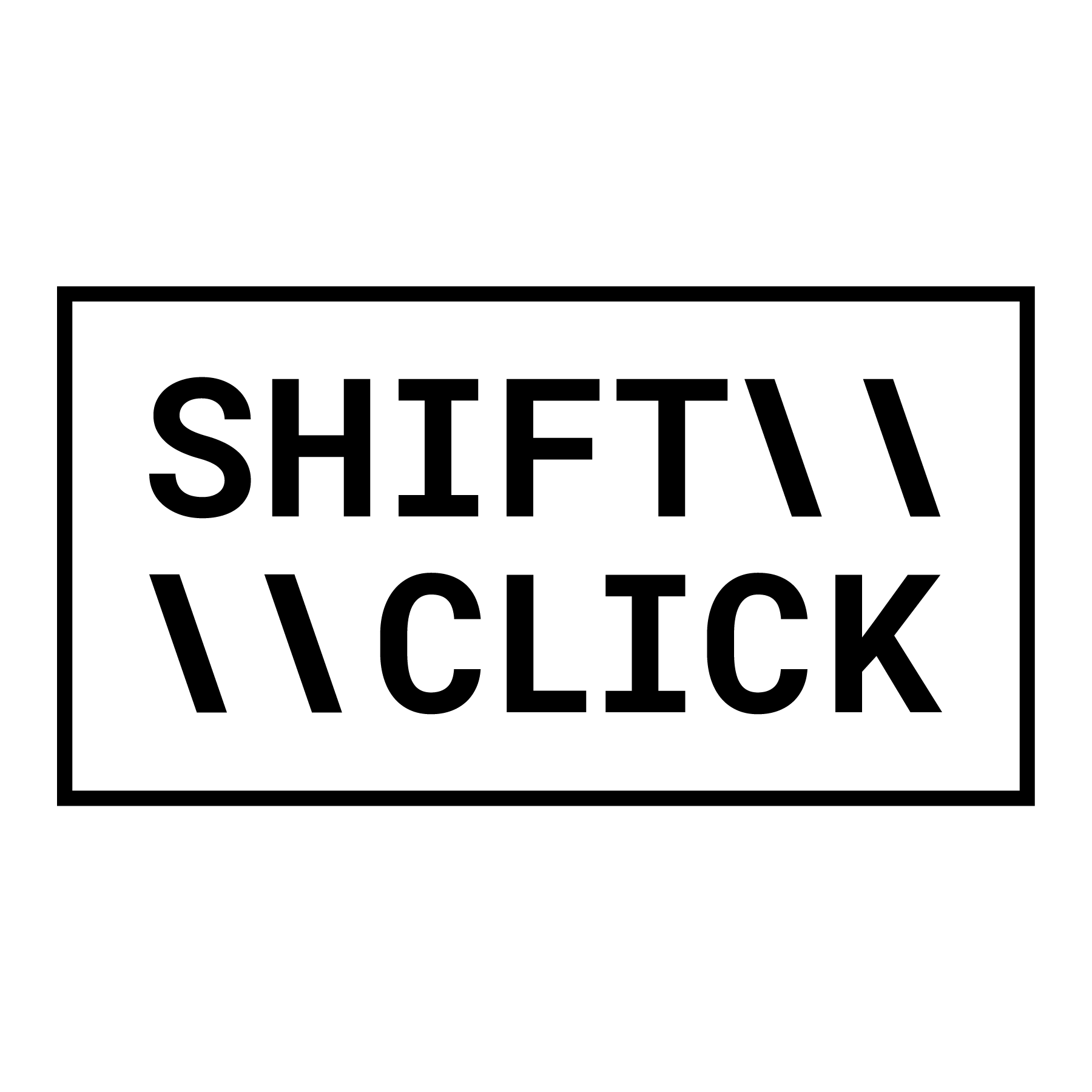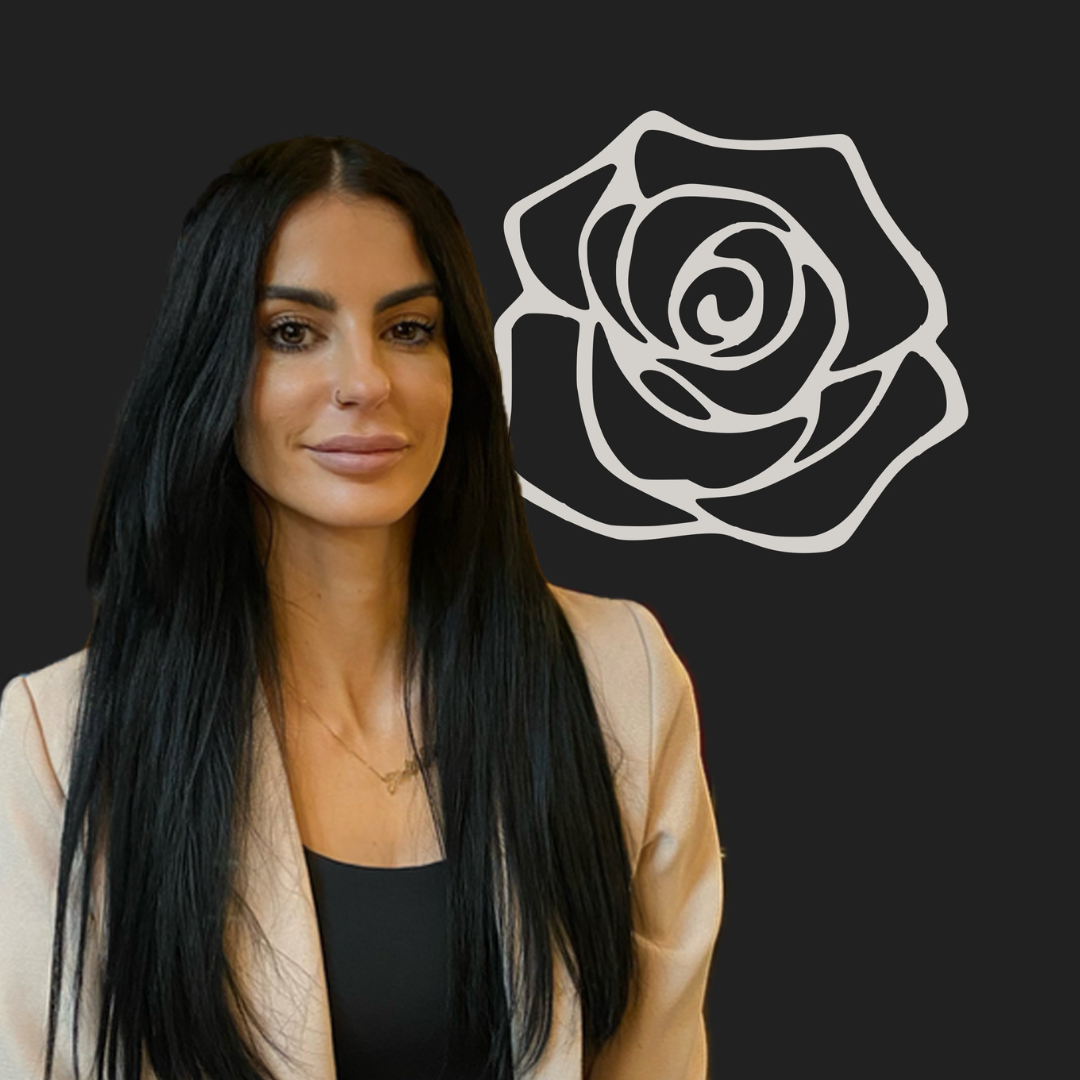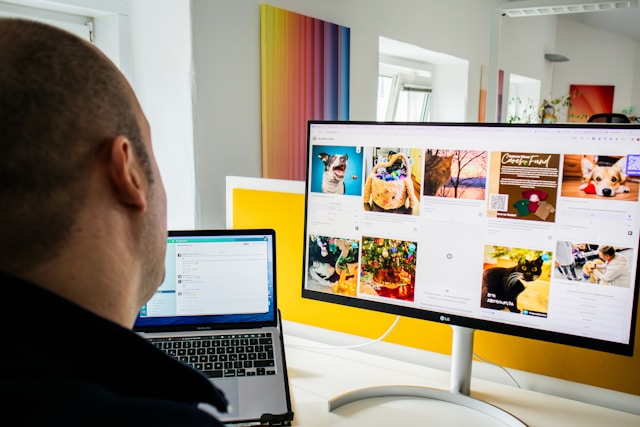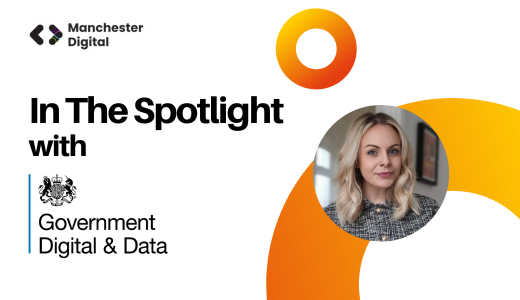The government plans to "drain the market" of child sexual abuse images online by launching a campaign with the police and internet companies to pursue both the publishers and those who access the material, David Cameron has said.
The prime minister proposed international collaboration between police and internet companies to pursue child abusers and those who viewed images and video online.
He said that from the end of 2013 all new computers sold would have filters switched on by default, meaning consumers will have to opt in to access pornography. But he admitted that the government had yet to solve the problem of how households with one internet connection but multiple devices could balance the internet browsing choices of adults with restricting access to children.
Speaking to Jane Garvey on BBC Radio 4's Woman's Hour, Cameron denied that the initiative was timed to deflect criticism over lobbying by his election strategist Lynton Crosby.
He insisted that it was technically possible to act despite doubts about enforcement. "This is an issue I have long been interested in but it has taken me some time to get my thinking right," he said. "What has changed … is that for too long we have taken the view that you can't do much about the internet, that it is ungoverned so there is nothing you can do.
"There is a triangle. We have to stop the people putting up the images, stop those accessing it and ask the internet companies to do better in stopping access to them."
He said police were able to monitor peer-to-peer file sharing, where content is harder to track. Live streaming of abuse has also been identified as a developing problem.
Source: The Guardian









